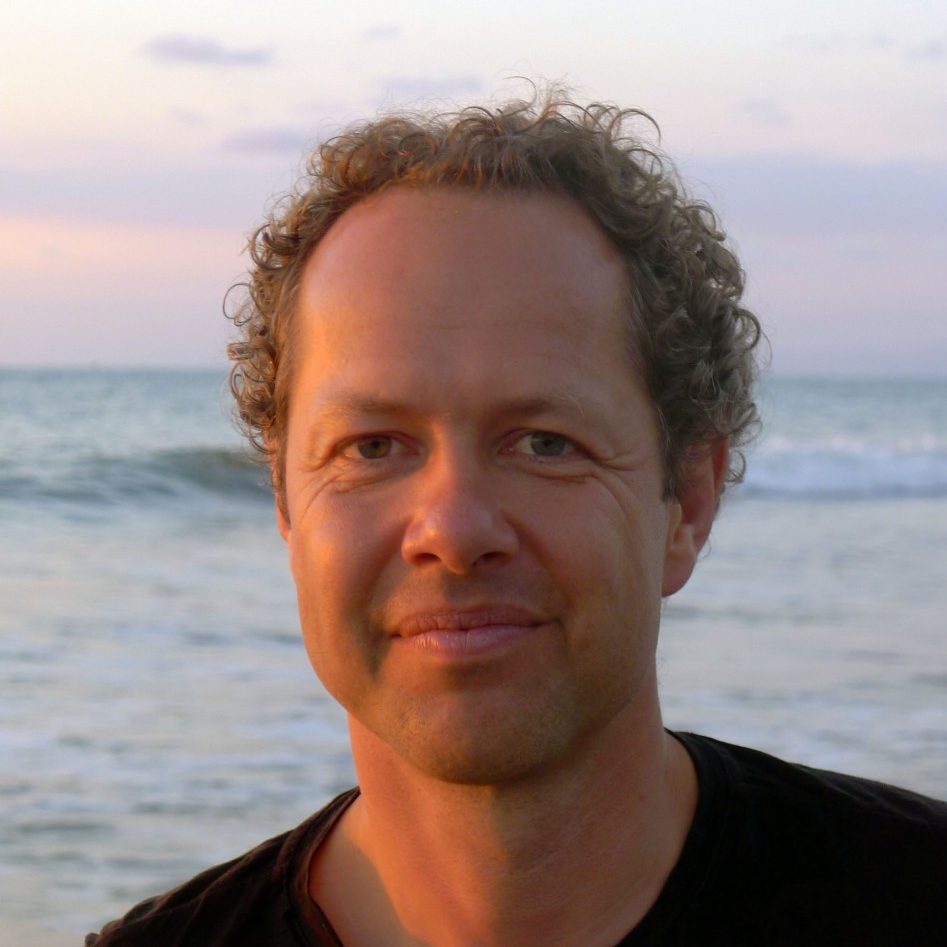Tracking the effects of climate change on global ocean ecosystems
November 3, 2016
Boris Worm
A rapidly changing marine environment challenges some central assumption in marine management, particularly the idea that the environment is stationary with some noise.
We now have methods to track changes in the underlying processes that determine the population dynamics of fish, and other marine wildlife. We show that these changes are statistically linked to changes in sea surface temperature, plankton concentration and historical overfishing. As a result, we observe a declining capacity of marine fish stocks to replenish their populations, and rebuild from depleted levels. Non-stationary parameters can also cause ‘silent’ overfishing, where stocks decline, even under appropriate management. The tools and results explored in this talk may be ideally suited to inform adaptive ecosystem management approaches that take environmental variation and climate change into account.
Bio
Dr. Boris Worm is a marine ecologist and Professor in Marine Conservation Biology at the Biology Department, Dalhousie University in Halifax, Nova Scotia. His research focuses on the causes and consequences of changes in marine biodiversity, and its conservation on a global scale. He is particularly well known for his studies on the global effects fishing and climate change on ocean ecosystems. He has a special interest in the rebuilding of fisheries resources, and in policy solutions that can help to prevent further loss of marine biodiversity worldwide.
